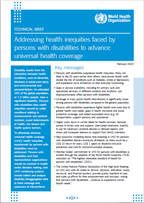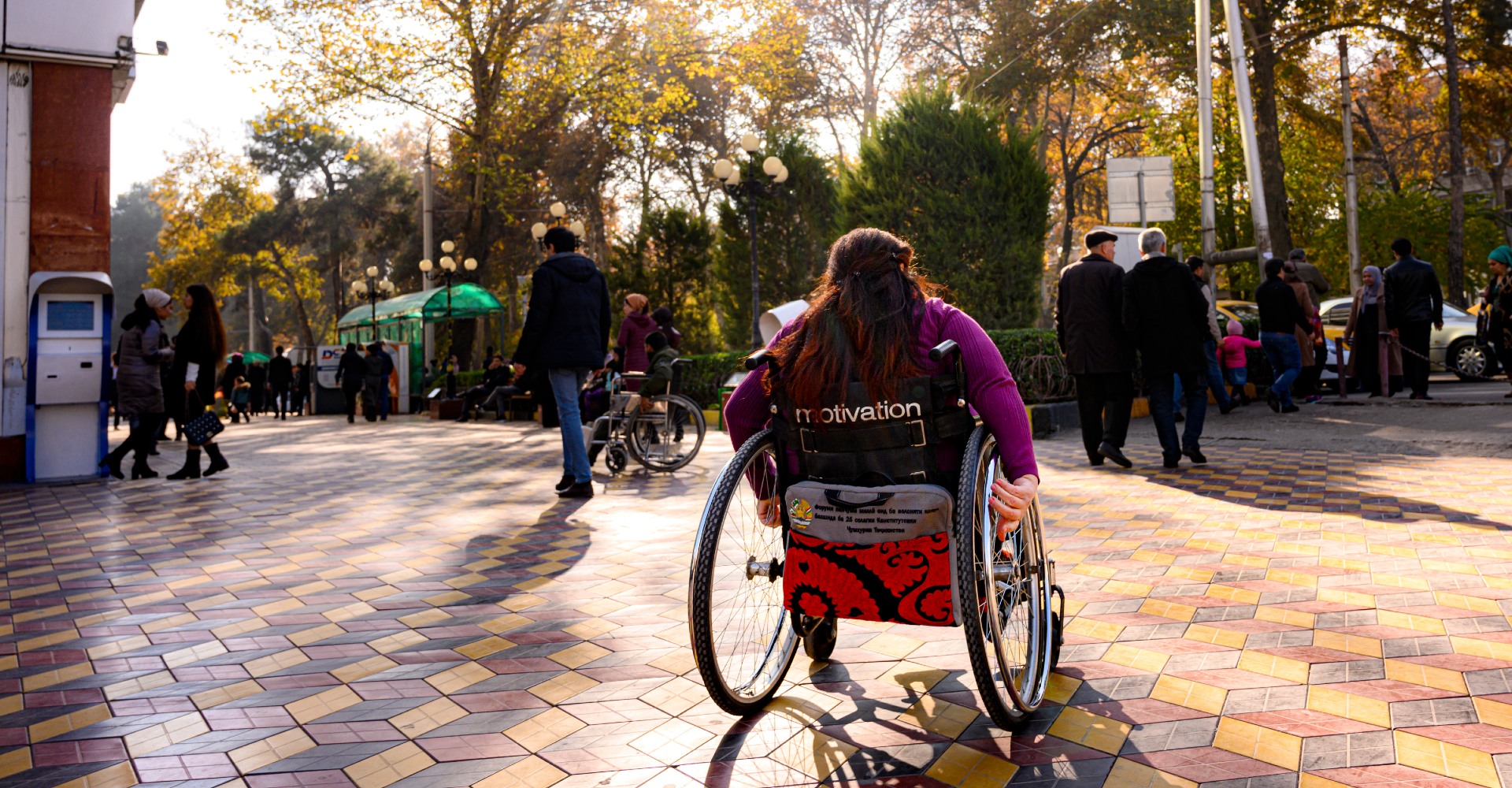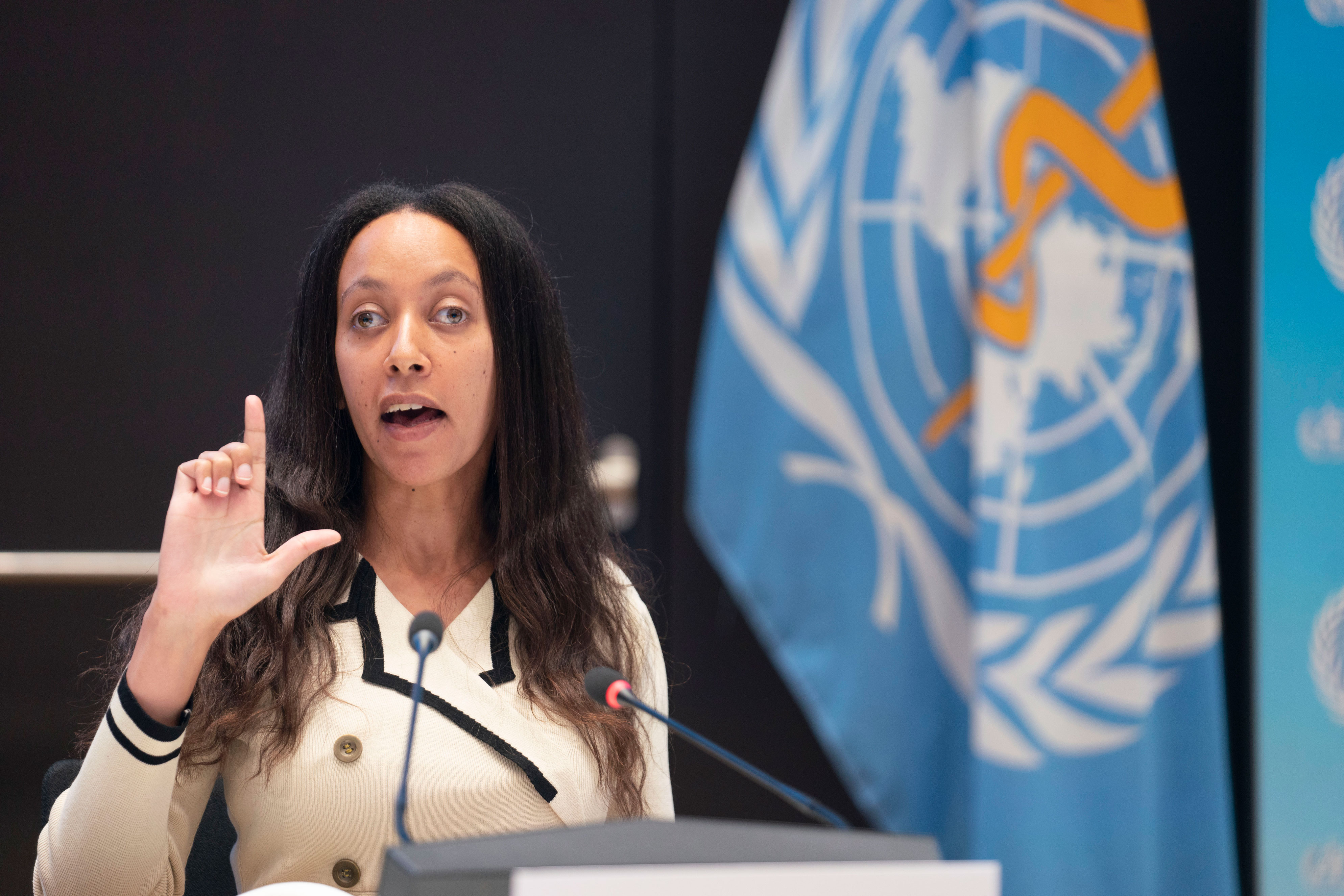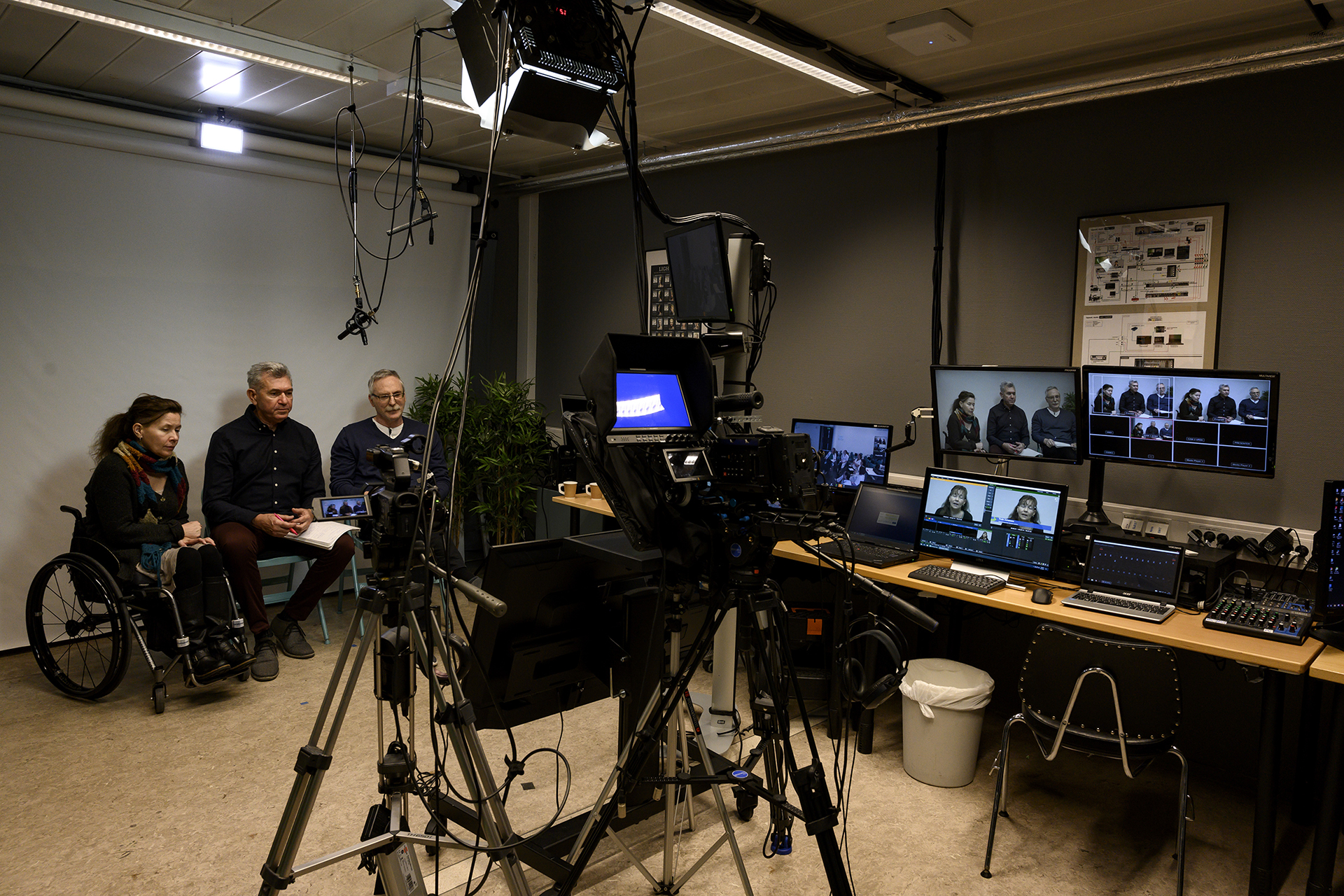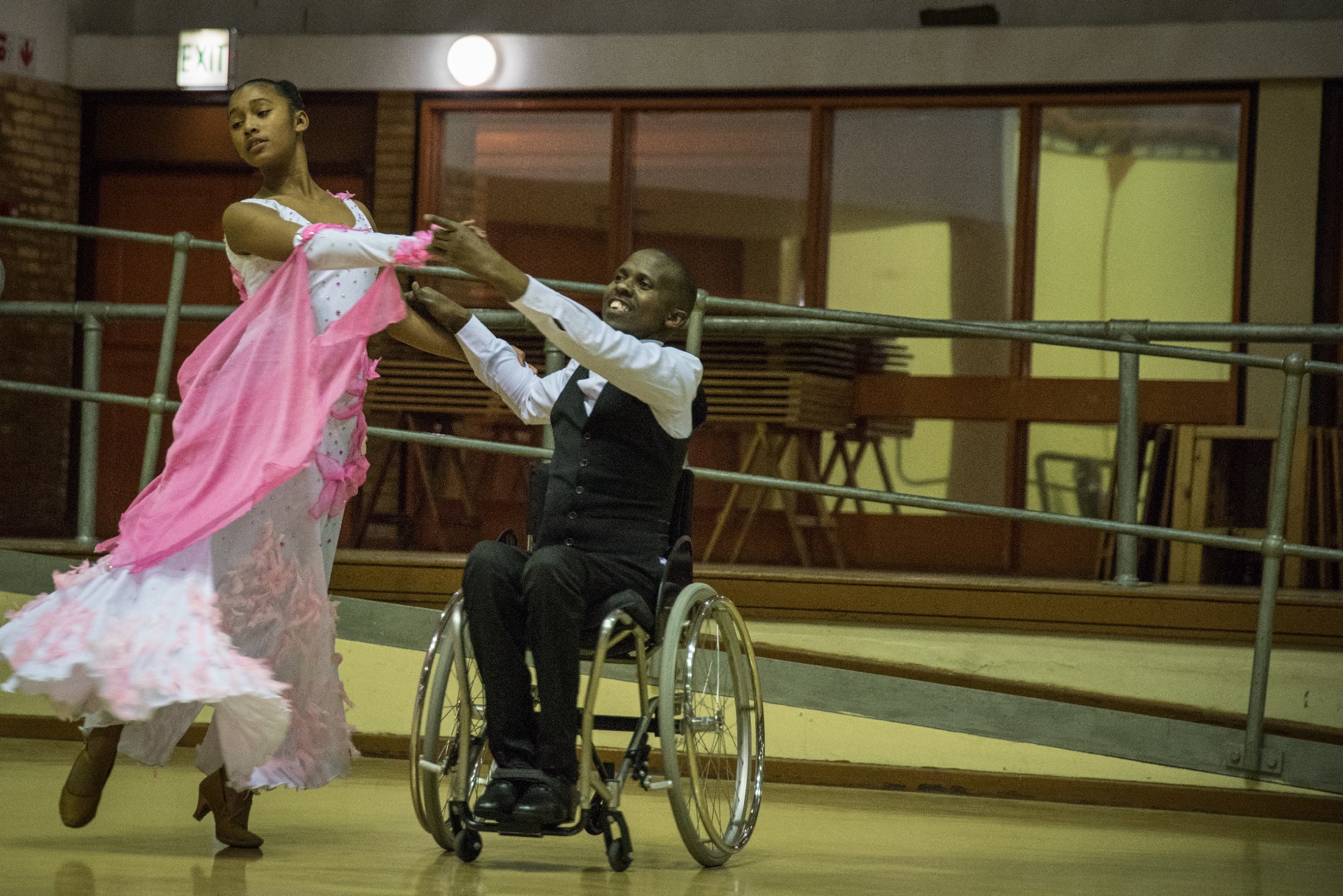Disability programme
Around 16% of the global population – an estimated 1.3 billion people – experience significant disability. Persons with disabilities have the right to the highest attainable standard of health, but the world is still far from realizing this right. Many persons with disabilities die earlier, experience poorer health outcomes and more limitations in their everyday functioning compared to the general population.
WHO is committed to advance health equity for persons with disabilities as part of efforts to tackle global health priorities, and to transform WHO into a more diverse and inclusive organization. These efforts are guided by the World Health Assembly resolution WHA74.8, the UN Disability Inclusion Strategy (UNDIS) and the WHO Policy on Disability.
Work of the Disability programme
Countries and stakeholders
WHO supports countries and collaborates closely with stakeholders around the world to advance health equity for persons with disabilities. Upon request from Member States through the landmark resolution WHA74.8 at the World Health Assembly in 2021, WHO launched the Global report on health equity for persons with disabilities to share evidence and recommendations for implementation at country-level to drive this agenda. A guide for action is currently being developed in a few selected countries to implement these recommendations. The global report, guide for action and other related activities are developed with the close involvement of persons with disabilities, their representative organizations, and other key stakeholders.
WHO programmes
Advancing health equity for persons with disabilities is relevant to everything that we do. WHO recognizes that sustainable and transformative progress on disability inclusion needs to be embedded across all of its programmes. Persons with disabilities have the same right to health as everyone else, including being able to find a doctor to treat an illness, to find information about how to avoid contracting communicable diseases, to access cancer screening, or to see a dentist for a tooth ache. WHO is committed to integrate disability across all programmatic areas to ensure our efforts include persons with disabilities. See for example the WHO guidelines on physical activity which includes recommendations for persons with disabilities.
WHO workforce
WHO is proactively working to create an inclusive workplace where the whole workforce, including colleagues with disabilities can thrive: from developing accessible recruitment processes to ensuring reasonable accommodations are available so that persons with disabilities can enjoy equal opportunities. Progress is driven and monitored through the UNDIS implementation and reporting mechanisms.
Contact: disability@who.int
Highlight
Related links

WHO Policy on disability
Our work
Our activities
Fact sheet
Fact file
Resolutions and decisions
In May 2021, Member States adopted a landmark resolution on the highest attainable standard of health for persons with disabilities during the 74th World Health Assembly (WHA74.8). This resolution provides WHO with a mandate to continue its commitment to promote disability inclusion in the health sector. As a result of this resolution, WHO published the WHO global report on health equity for persons with disabilities in December 2022 to share the latest evidence and recommendations to strengthen the health sector and achieve health equity for persons with disabilities. At Member States’ requests, WHO also continues to provide ongoing support to progress the implementation of the UNDIS and country capacity-building to achieve health equity for persons with disabilities.
News
All →Call for consultation
Events
All →Latest publications
All →
The Health equity for persons with disabilities: guide for action (or Disability inclusion guide for action) provides practical guidance...

Health equity for persons with disabilities: guide for action
The Health equity for persons with disabilities: guide for action (or Disability inclusion guide for action) provides practical guidance on the process...
Related document
